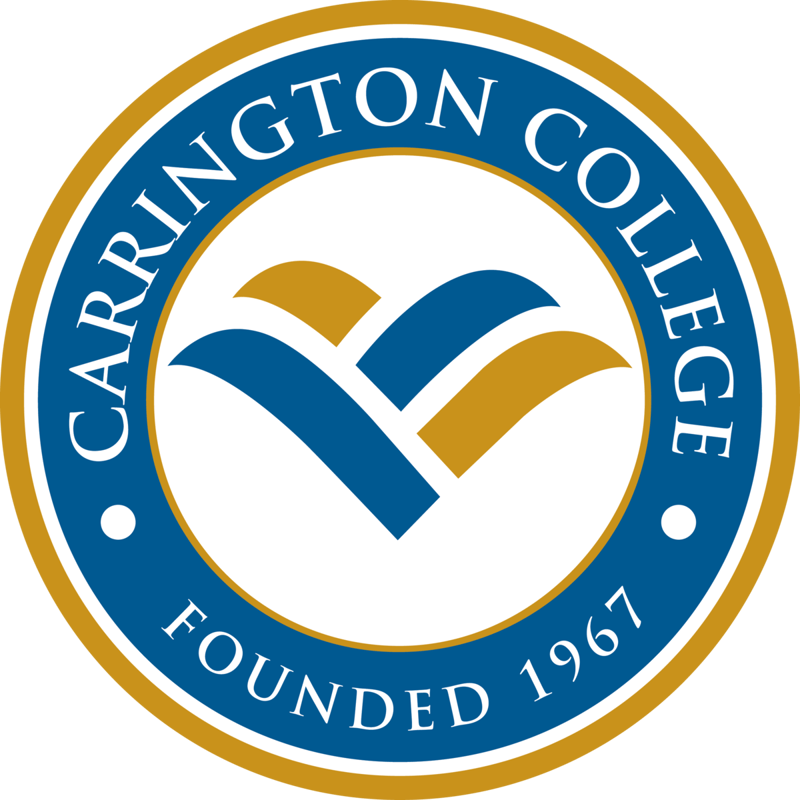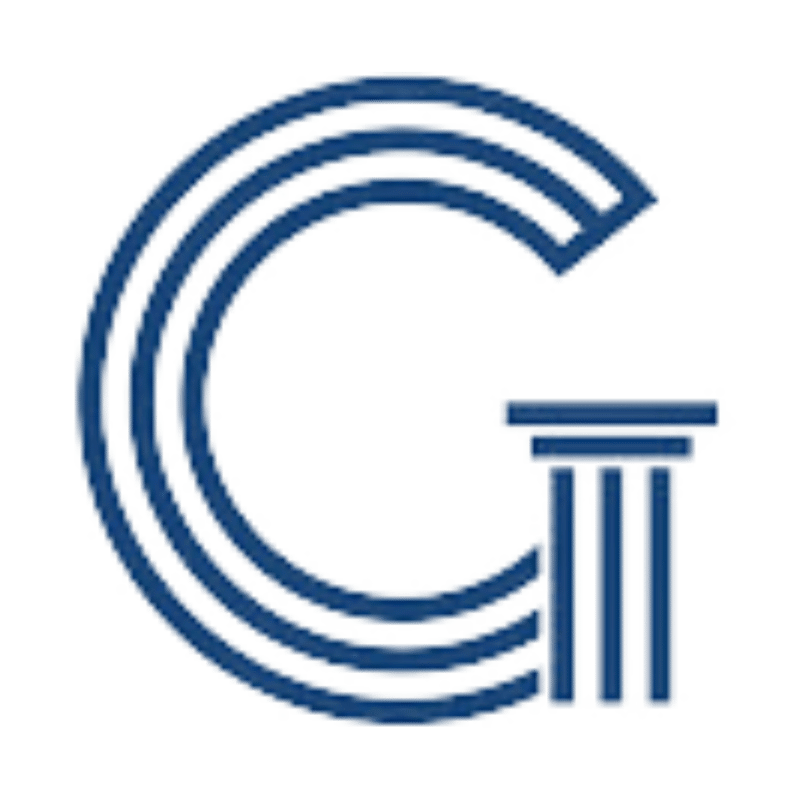
Financial aid (may be available)

Financial aid (may be available)

Financial aid (may be available)

Financial aid (may be available)

Financial aid (may be available)
No cost info
$4,147 total
$8,046 total
This Registered Respiratory Therapy program is 100% online and is designed as a nontraditional track for individuals who have completed an associate's degree in respiratory care and have already earned the Registered Respiratory Therapist (RRT) credential granted by the National Board for Respiratory Care. Our courses are taught by full-time faculty who are Registered Respiratory Therapists with advanced degrees and extensive clinical training and experience.
No cost info
The University of Cincinnati's online Bachelor of Science in Respiratory Therapy program is designed to improve real-world clinical competence while preparing active respiratory therapy professionals for a lasting future in the healthcare industry. The robust and engaging curriculum challenges students, promoting a deeper understanding of advanced healthcare operations, logistics, technology, leadership, ethics, and project management. Delivered by the industry-experienced faculty in the UC College of Allied Health Sciences, the online program advances respiratory therapy practice and research by focusing on current and future industry standards. The end result is a clinician who can make significant contributions to the field while positively affecting the future of respiratory care for a diverse range of patients. Build on your experience, define your practice, and prepare for the future. Develop the expertise needed for advanced practice and leadership opportunities. Interact and network with an industry experienced faculty and healthcare professionals. Earn a bachelor of science in respiratory therapy in as few as 20 months (5 semesters). Continue working while your learn with flexible, 100 percent online classes.
No cost info
A bachelor’s degree in respiratory therapy from MU will help you provide the hands-on care that assists in recovery and management of a wide range of medical conditions. If you hold the NBRC RRT credential or the Canadian equivalent, this may be the degree for you.
No cost info
Working primarily in hospital settings, respiratory therapists are responsible for an extremely wide range of patients. From the smallest infants to the elderly, from long-term disease to emergencies, respiratory therapists must be prepared for everything. Our program will give you access to expert instruction and the cutting-edge skills you need to advance your career.
This is a degree completion program. Students must have earned an associate degree in respiratory care, hold your RRT from the National Board of Respiratory Care (NBRC), and currently licensed to practice to be eligible for admission.
No cost info
Respiratory Therapy careers are projected to grow 23% by 2026, and because East Tennessee State University allows more transfer credits than most universities, an online B.S. in Respiratory Therapy from ETSU can save you valuable time and tuition dollars while helping you move forward faster.
The Respiratory Therapy (Cardiopulmonary Science) Completion Program at ETSU is an accredited, online program dedicated to providing advanced instruction emphasizing best practices in clinical respiratory therapy based on scientific inquiry.
No cost info
No cost info
Respiratory therapy is a field that has been gaining recognition over the years. As a respiratory therapist, your role would be to assess, treat, and care for patients who have breathing disorders or cardiovascular problems. This blog post aims to provide you with all the necessary information about becoming a respiratory therapist, the training requirements, what to expect from classes, the certification process, and how to find related jobs. We will also delve into other classes you can take after becoming a respiratory therapist.

A respiratory therapist is a healthcare professional who specializes in the assessment, treatment, and care of patients with breathing disorders and cardiovascular problems. They work in various settings, including hospitals, nursing homes, outpatient clinics, and home health agencies. As a respiratory therapist, your day-to-day duties may include diagnosing lung and breathing disorders, recommending treatment methods, educating patients and their families about lung diseases, and providing emergency care, such as artificial respiration.
The journey to becoming a respiratory therapist involves meeting certain training requirements. Generally, you must have at least an associate degree in respiratory therapy, although some employers may prefer a bachelor's degree. Some of the subjects you will study during your training include:
Anatomy and physiology
Pathophysiology
Biochemistry
Microbiology
Pharmacology
Clinical practice guidelines
Furthermore, you must complete a clinical practicum to gain hands-on experience in the field.
When looking for a respiratory therapist class, there are several factors you should consider:
Accreditation: Ensure that the program is accredited by the Commission on Accreditation for Respiratory Care (CoARC). This guarantees that the program meets the necessary educational standards.
Curriculum: The curriculum should cover all necessary topics, including anatomy, physiology, pharmacology, and clinical practice.
Clinical Practicum: The program should offer a clinical practicum to provide you with hands-on experience.
Support: Look for a program that provides support, such as tutoring, career counseling, and job placement assistance.
The day-to-day class routine in a respiratory therapist program varies depending on the institution and the level of study. However, you can generally expect a mix of classroom instruction, laboratory work, and clinical practice. You'll learn about different respiratory conditions, how to diagnose them, treatment options, and how to educate patients and their families about these conditions.
Upon completing your training, the next step is to become certified. In most states, you are required to pass the National Board for Respiratory Care (NBRC) exam to become a Certified Respiratory Therapist (CRT). Some respiratory therapists go on to become Registered Respiratory Therapists (RRT) by passing an additional exam.
Once you have obtained your certification, you can start looking for jobs. There are several resources available to help you find a job in this field. Websites such as Dreambound provide helpful information on job hunting strategies, resume tips, and interview techniques. Networking is also essential. Attend industry events, join professional organizations, and connect with fellow respiratory therapists on social media.
After becoming a respiratory therapist, you might want to further your education. Here are a few classes you can take:
Advanced Cardiac Life Support (ACLS): This class provides the skills and knowledge needed to manage and respond to cardiovascular emergencies.
Pediatric Advanced Life Support (PALS): This class focuses on the management and response to pediatric emergencies.
Neonatal Resuscitation Program (NRP): This class teaches the concepts and skills of neonatal resuscitation.
Another vital component of respiratory therapy training is learning about pulmonary function testing. This type of testing is crucial in diagnosing and monitoring lung diseases. In a typical class, you will learn how to perform spirometry, lung volume measurements, and gas exchange testing.
Home care respiratory therapy is becoming more prevalent as many patients prefer to receive care at home. In this class, you will learn how to provide respiratory care to patients at home, including how to use and maintain home ventilators and other respiratory equipment.
Effective patient management is crucial in respiratory therapy. This class will teach you how to manage patients effectively, including how to communicate effectively with patients and their families, how to manage respiratory emergencies, and how to provide long-term care to patients with chronic respiratory diseases.
With the increasing prevalence of sleep disorders, knowledge in sleep studies and polysomnography is beneficial for respiratory therapists. This class will give you an understanding of sleep stages, sleep disorders, and how to conduct and interpret polysomnography tests.
Becoming a respiratory therapist is a rewarding career choice that allows you to make a significant impact on patients' lives. By choosing the right classes and training programs, you can equip yourself with the necessary skills and knowledge to excel in this field. Use resources like Dreambound to help you navigate your way through the process and achieve your career goals.
Dreambound has a bunch of guides about starting in this field, with specific ones for different cities. If you're not in this city or are thinking about moving, check out some other guides below:
Thinking about a potential career transition? Dreambound offers detailed guides to help you with making an informed decision. Dive in below:
Dreambound's platform allows prospective students to find the right educational program for them through searching, filtering, and connecting with our extensive selection of career & technical education partners.
Dreambound has over 70 programs across healthcare, technology, business, and industrial trades. This includes programs such as Medical Billing, Cybersecurity, and welding.
Some of our schools offer financial aid for those who qualify. Many others offer payment plans, where you can pay the cost of class over time.
Yes, Dreambound offers many online programs. On Dreambound's search, you can filter by online, in-person, and hybrid (part online, part in-person).
Dreambound is completely free for you to use! We are supported by schools and organizations who pay to advertise on our website, so we can offer all of our career resources for free.